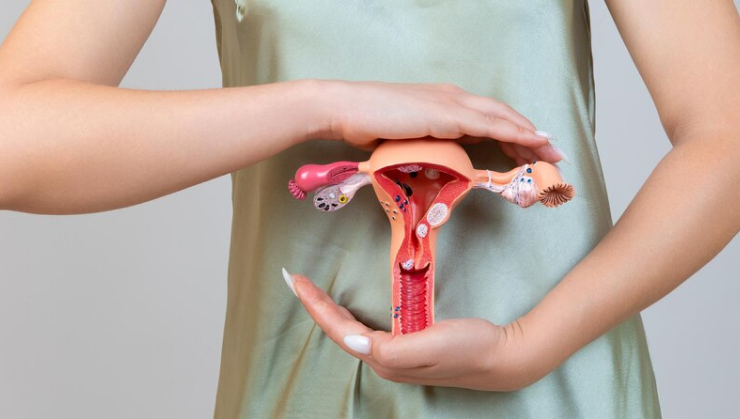Introduction:
Pregnancy is a unique and exciting journey, but for women over the age of 35, it comes with certain considerations and potential risks. While many women have healthy pregnancies and deliver healthy babies in their late 30s and beyond, it's essential to be aware of the specific challenges and precautions that come with getting pregnant at an older age. In this article, we'll discuss the risks associated with pregnancy after 35 and the precautions women can take to ensure a safe and healthy experience.
Risks Associated with Pregnancy After 35:
- Fertility Challenges: As women age, their fertility naturally declines. Conception may take longer, and the risk of infertility increases.
- Higher Risk of Chromosomal Abnormalities: The risk of chromosomal abnormalities, such as Down syndrome, increases with age. Women over 35 are advised to consider prenatal testing like amniocentesis or chorionic villus sampling (CVS).
- Miscarriage Risk: The risk of miscarriage also increases with age, especially in the first trimester.
- Gestational Diabetes: Older women have a higher likelihood of developing gestational diabetes, which can pose risks to both the mother and the baby.
- High Blood Pressure and Preeclampsia:Advanced maternal age is associated with an increased risk of high blood pressure and preeclampsia, a condition characterized by high blood pressure and damage to other organs.
- Preterm Birth: Older mothers are at a higher risk of preterm birth, which can lead to health complications for the baby.
Precautions for Women Over 35:
- Preconception Health: Before trying to conceive, focus on achieving a healthy lifestyle. This includes maintaining a balanced diet, regular exercise, and managing chronic conditions like diabetes or high blood pressure.
- Prenatal Care: Consult with a healthcare provider before pregnancy to discuss your health and any potential risks. Begin prenatal care as soon as you become pregnant.
- Regular Prenatal Check-ups:Consistent prenatal care is essential to monitor the health of both the mother and the baby.
- Nutrition and Supplements: Ensure you're getting essential nutrients and take prenatal vitamins as recommended by your healthcare provider.
- Prenatal Testing: Consider prenatal testing to assess the baby's health and screen for chromosomal abnormalities. Your healthcare provider can provide guidance on when to perform these tests.
- Manage Chronic Conditions: If you have pre-existing health conditions, such as diabetes or high blood pressure, work closely with your healthcare provider to keep them under control during pregnancy.
- Stay Active: Engage in regular, low-impact exercise to maintain fitness and reduce the risk of gestational diabetes and high blood pressure.
- Monitor Weight Gain:Track your weight gain during pregnancy, as excessive weight gain can increase the risk of complications.
- Stay Informed: Educate yourself about the potential risks and complications associated with pregnancy after 35. Being informed and aware will help you make informed decisions.
Conclusion:
Pregnancy after 35 is increasingly common and can result in healthy, successful outcomes with proper care and precautions. It's important for women in this age group to consult with a healthcare provider, maintain a healthy lifestyle, and stay vigilant about prenatal care. By taking these precautions, women can enjoy a fulfilling and safe pregnancy experience, regardless of their age.
.pdf%20300X60%20PX-02-02.svg)



